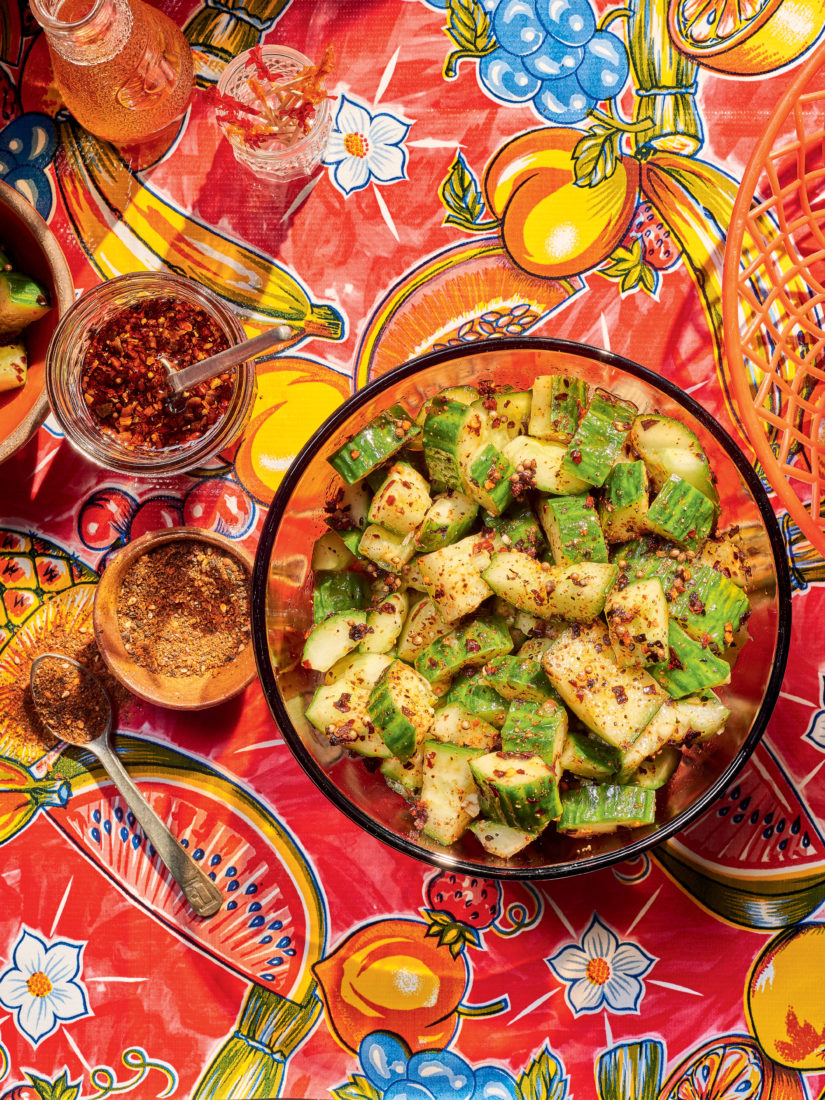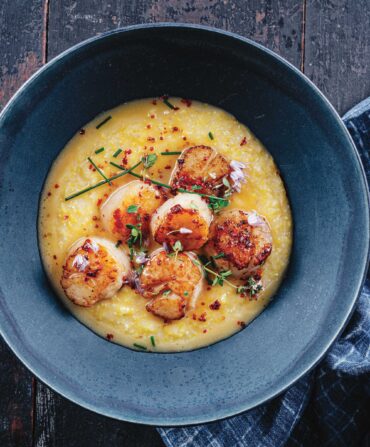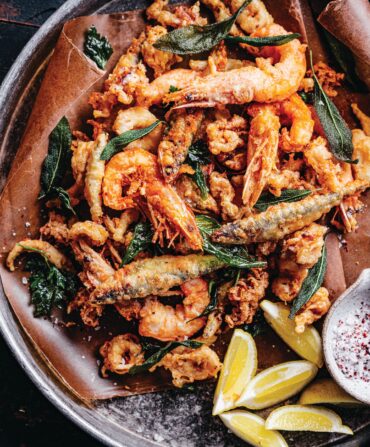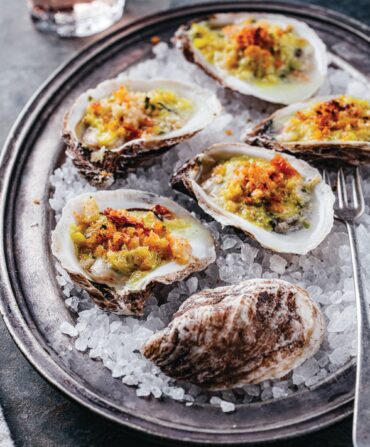The way he tells it, Raymond Li Jr.’s path from a trouble-prone kid to the executive chef at Palmar, a modern Chinese restaurant with Latin influences, is a tale worthy of its own Netflix series.
Li’s grandfather owned a Cuban Chinese restaurant in Havana. His father landed in Miami in the 1980s and met his mother, who is Colombian. “Growing up, I would have a Cuban empanada in one hand and a Chinese sausage in another hand and eat some Colombian soup later in the day,” he says. He also got into plenty of trouble. Eleven years ago, drunk, Li got in a fight with a friend, who pulled a gun on him at a house party; he retaliated with a drive-by shooting. No one was hurt, but Li spent a year in jail. When he got out, he made a vow. “I dedicated my life to make it the best I can,” he says. “I used my past to help me move forward.”
He enrolled in Le Cordon Bleu College of Culinary Arts in Miami, graduated, and then wove his way through kitchens in upscale hotels and a series of restaurants, including Corey Lee’s Benu in San Francisco. He liked San Francisco and wanted to stay, but his mother back in Miami was battling liver disease. “Working at a three-star Michelin, you learn a lot of techniques, and it makes you into a badass,” he says, “but my mom was sick.” So he headed home and cooked on yachts, consulted, and landed at Palmar in the Wynwood district, where he started cooking progressive modern Chinese food that he calls “Miami-fied.”
His version of pai huang gua, the Szechuan salad built from slightly smashed cucumbers, is a great example. Li uses English cucumbers, but the technique works well with small Southern garden cukes, too. Slice them lengthwise, use your palm or the side of a knife to slightly crush them, and then give them a rough chop.
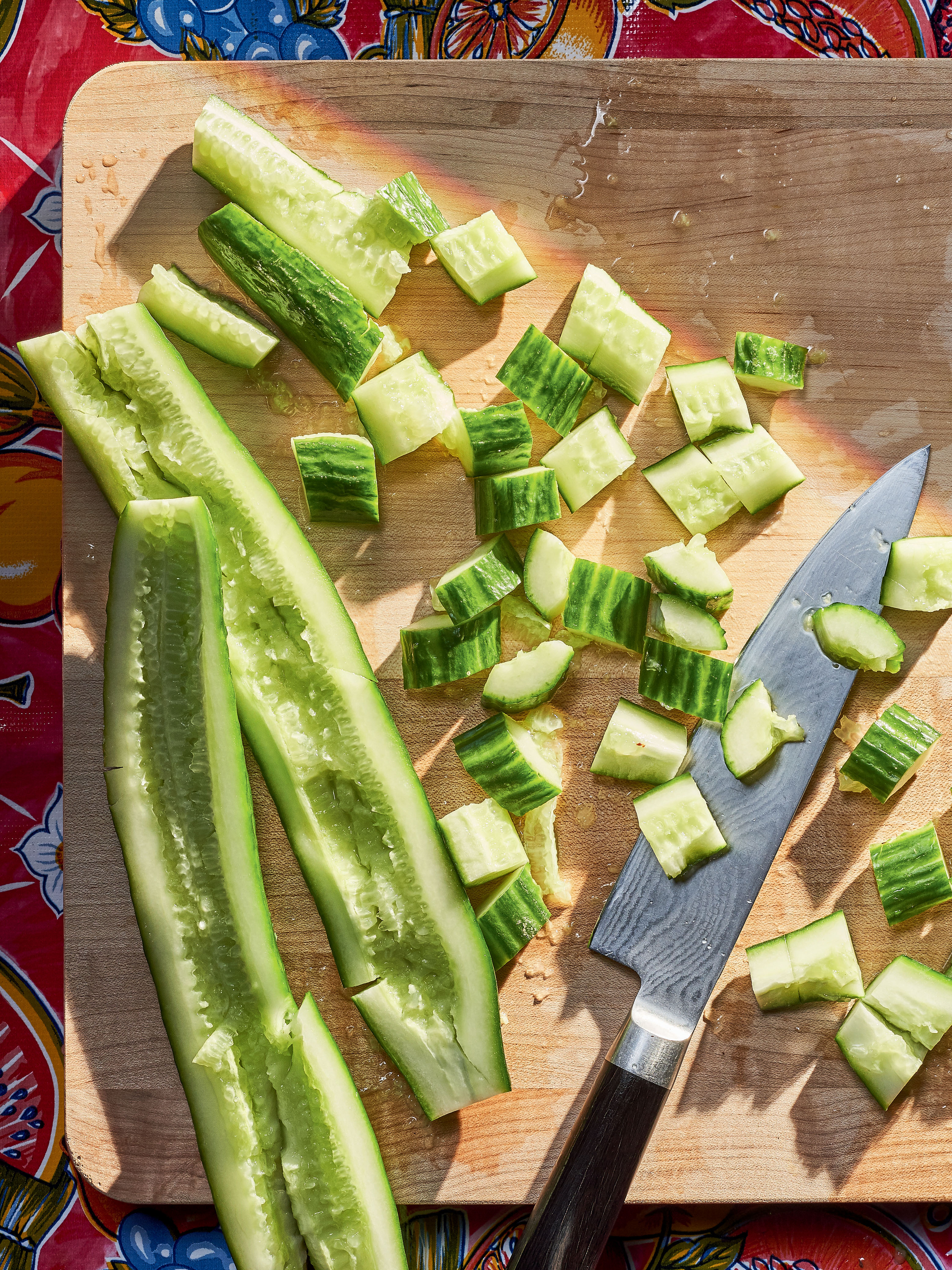
Johnny Autry
All those craggy surfaces help hold the spicy dressing. Li adds a dose of lemon and lime juice to the traditional blend of vinegar and chili oil. “I love Florida citrus and use it a lot in my dishes,” he says. Li makes his own chili oil, but you can save time with a bottled version. It is worth the time, though, to find some shichimi togarashi, a Japanese spice blend of peppers, sesame seeds, orange peel, ginger, and seaweed, that adds character to the salad.
“It’s great for hot weather,” Li says of his creation. “Although it’s spicy, it’s actually refreshing.”


